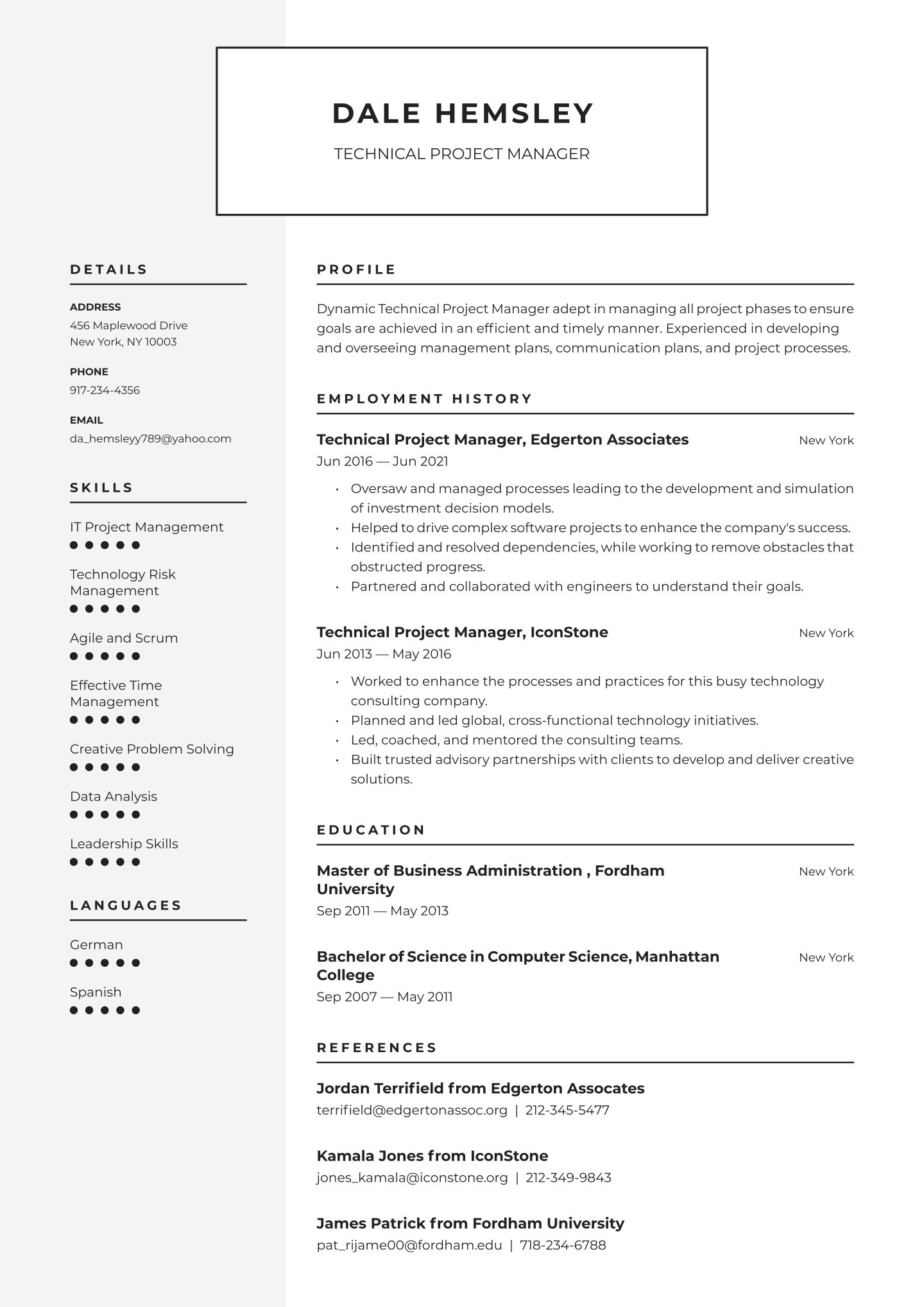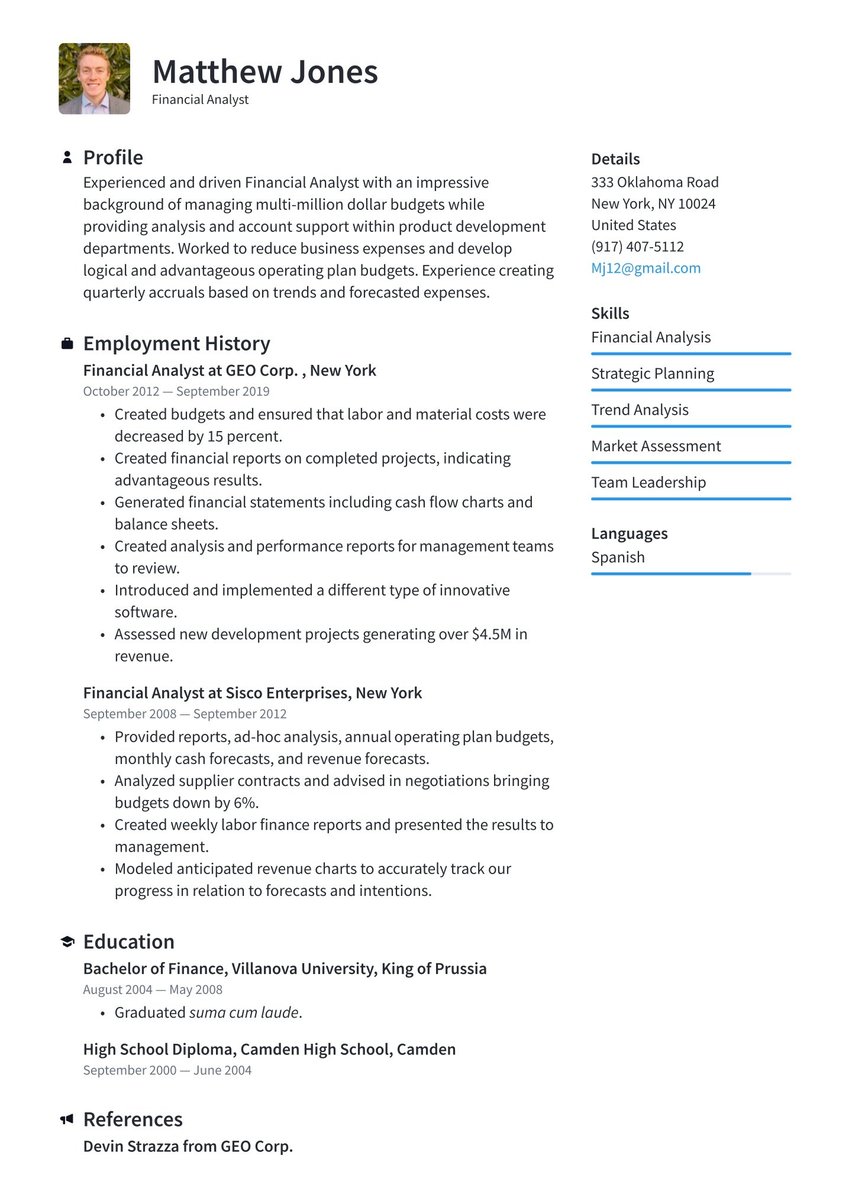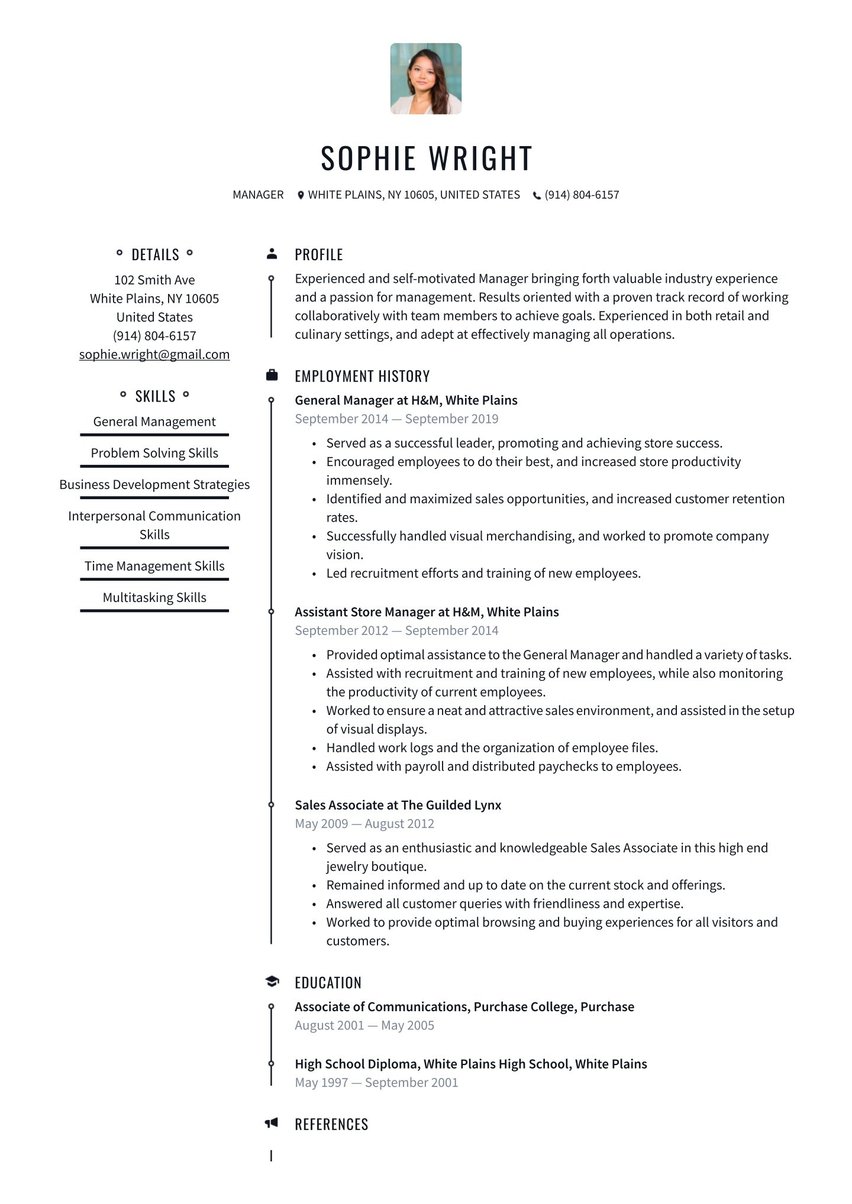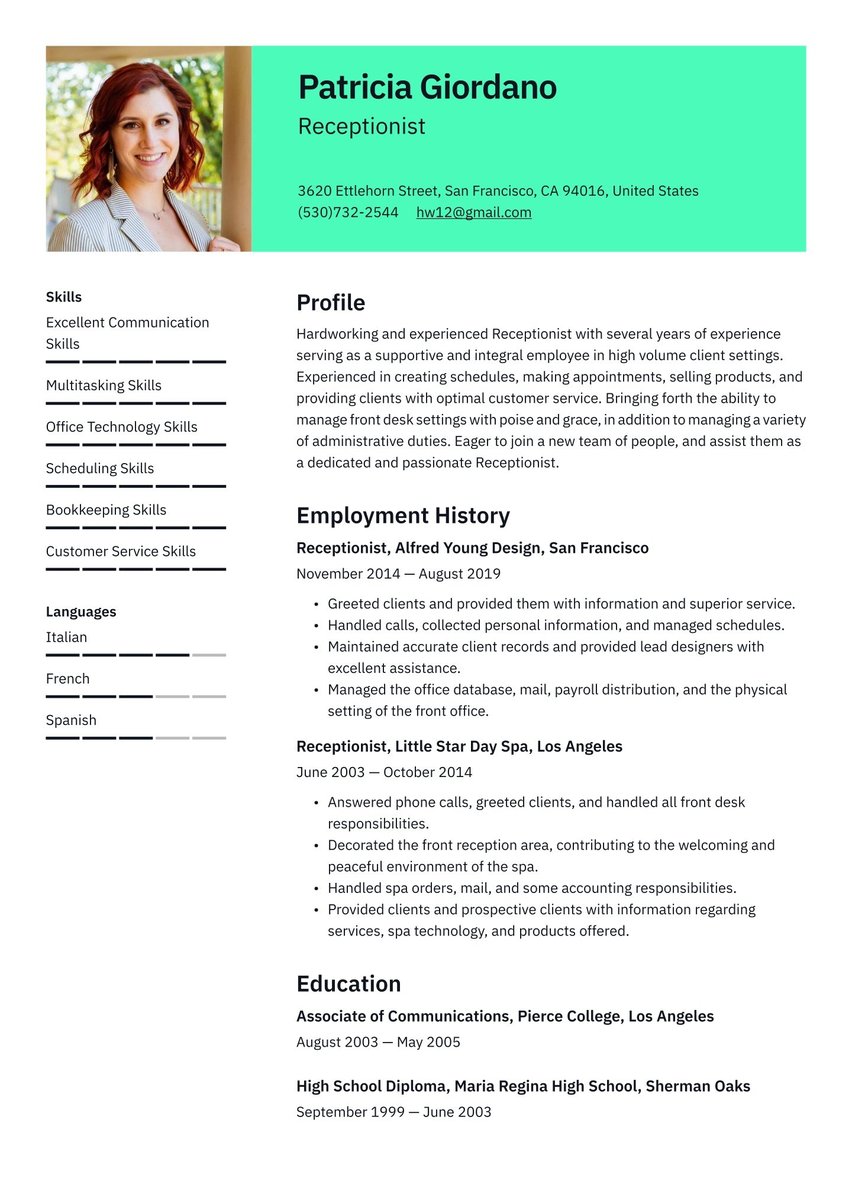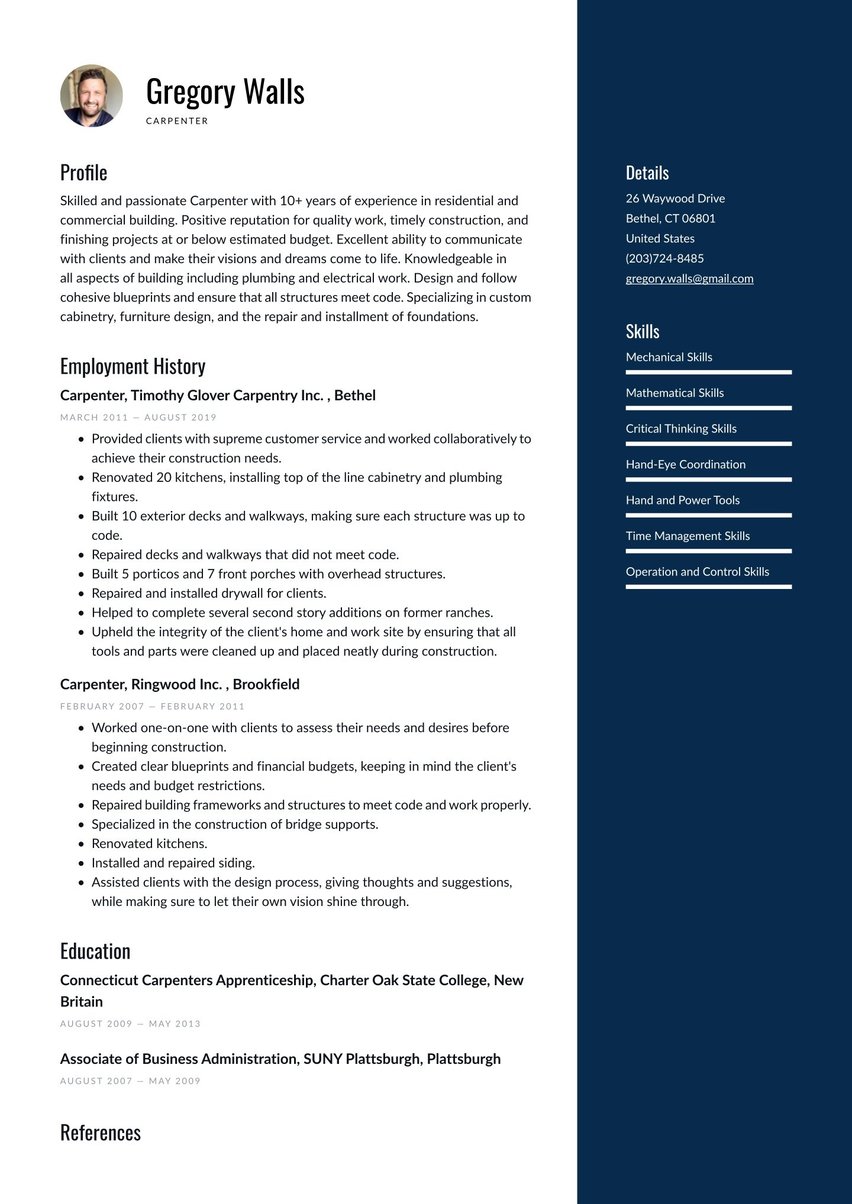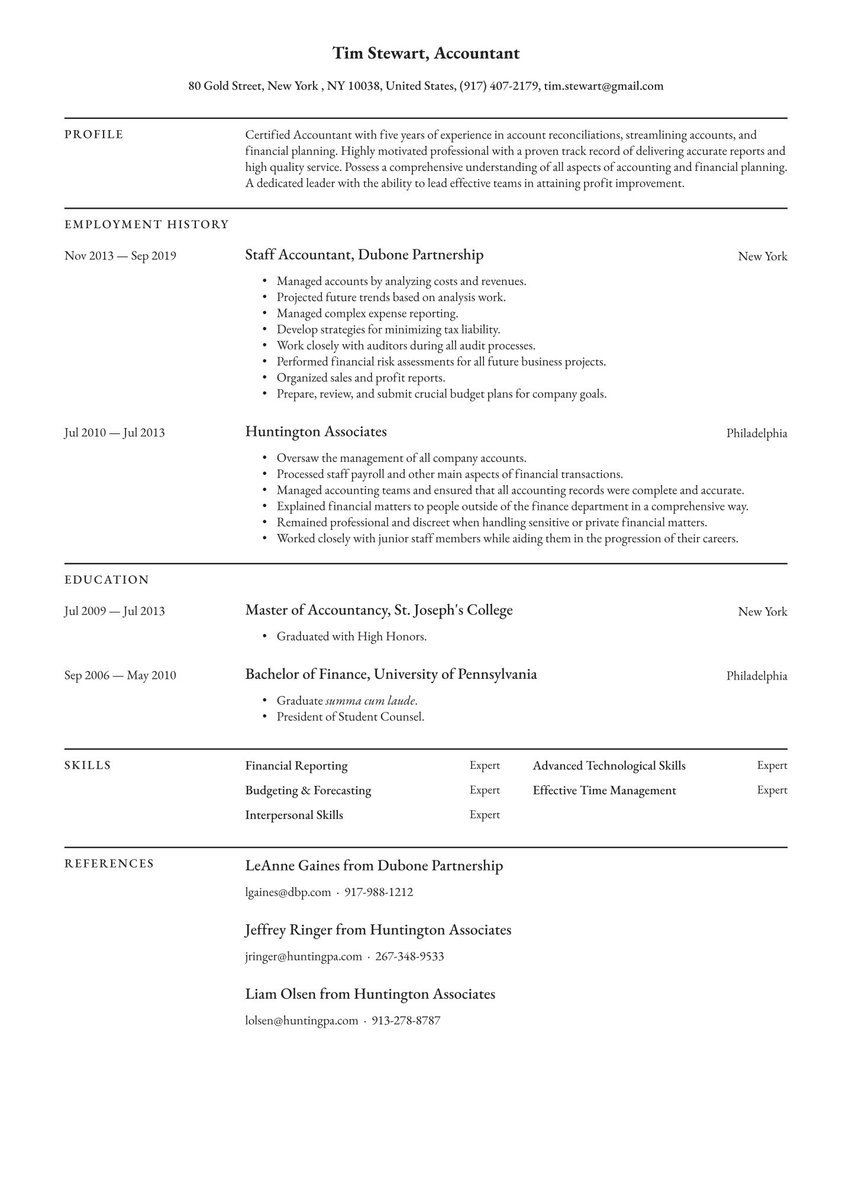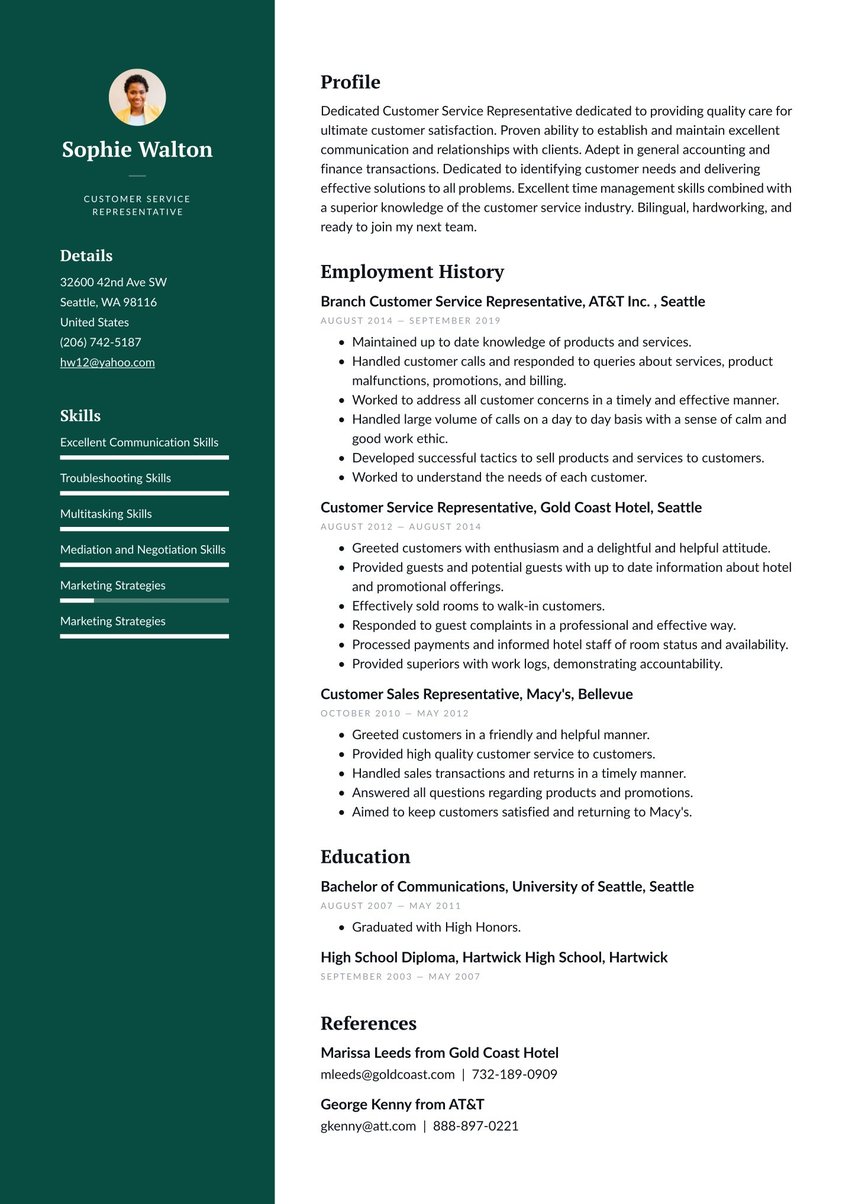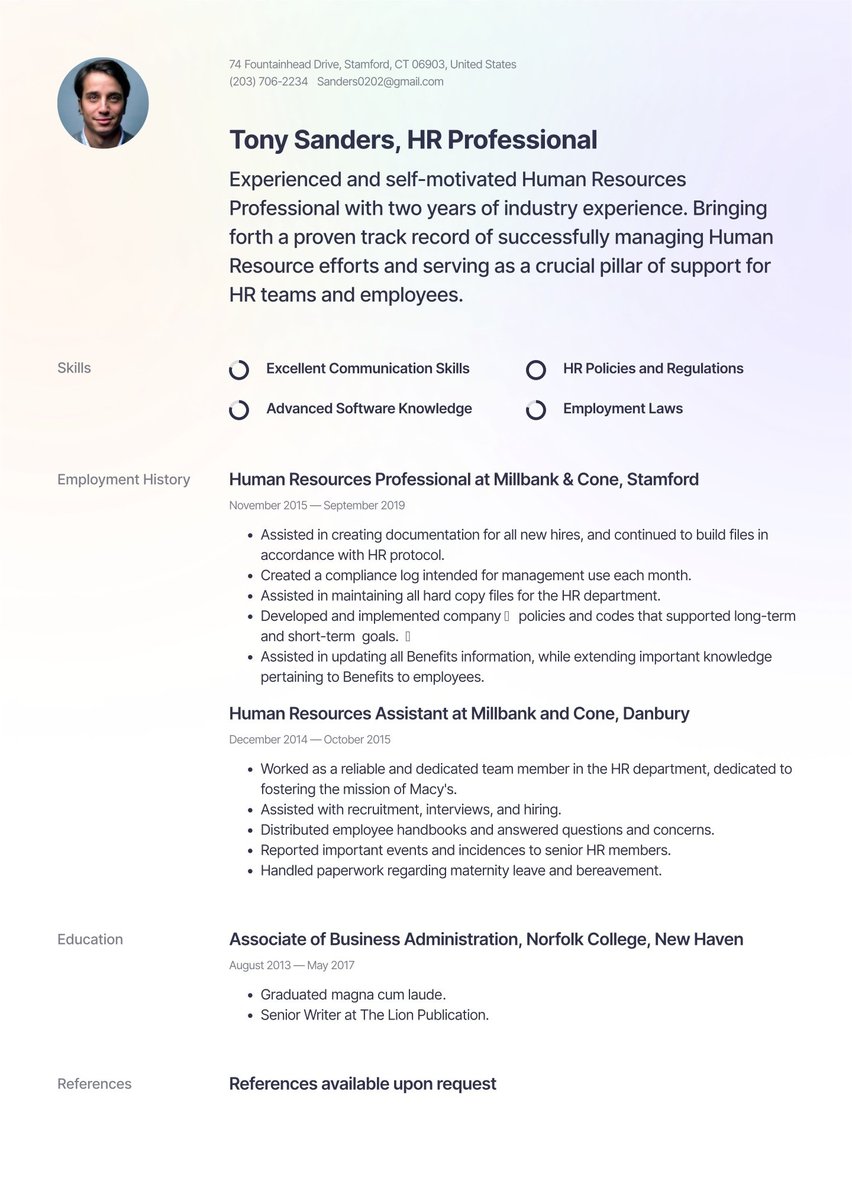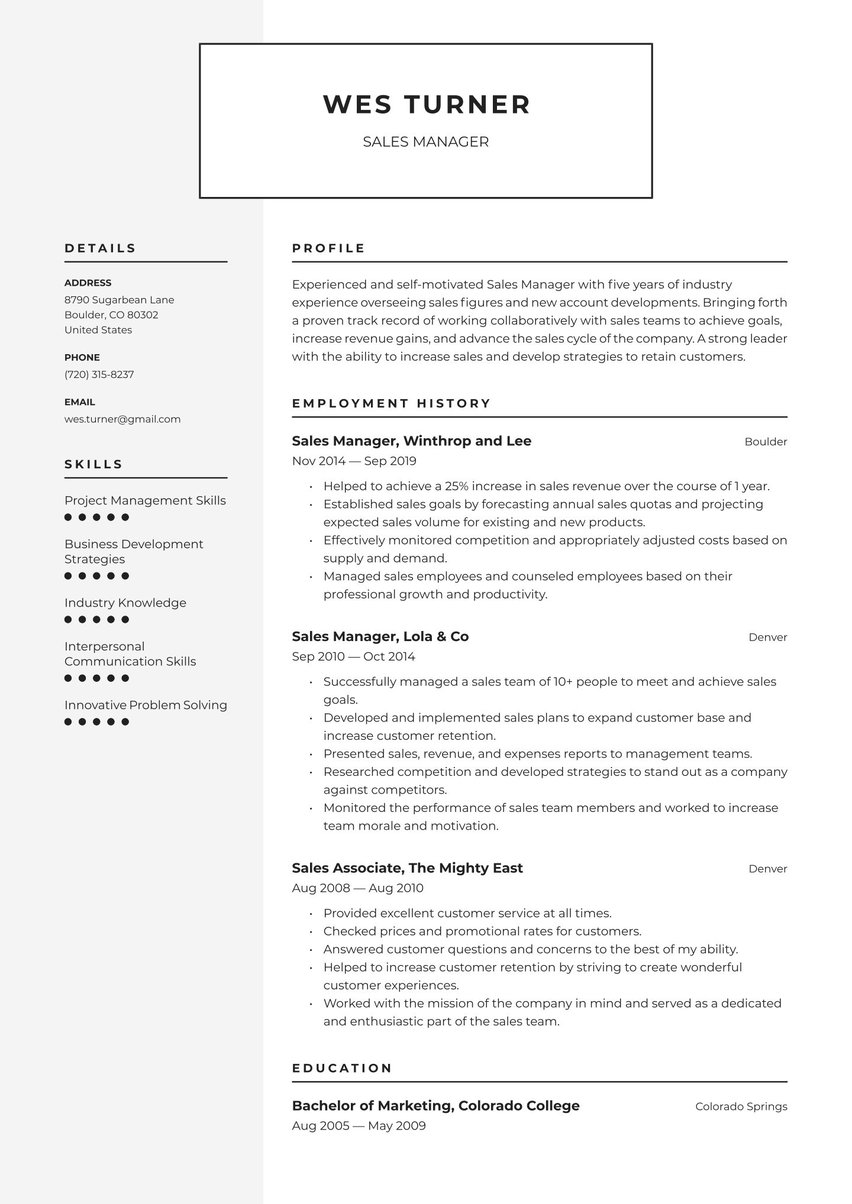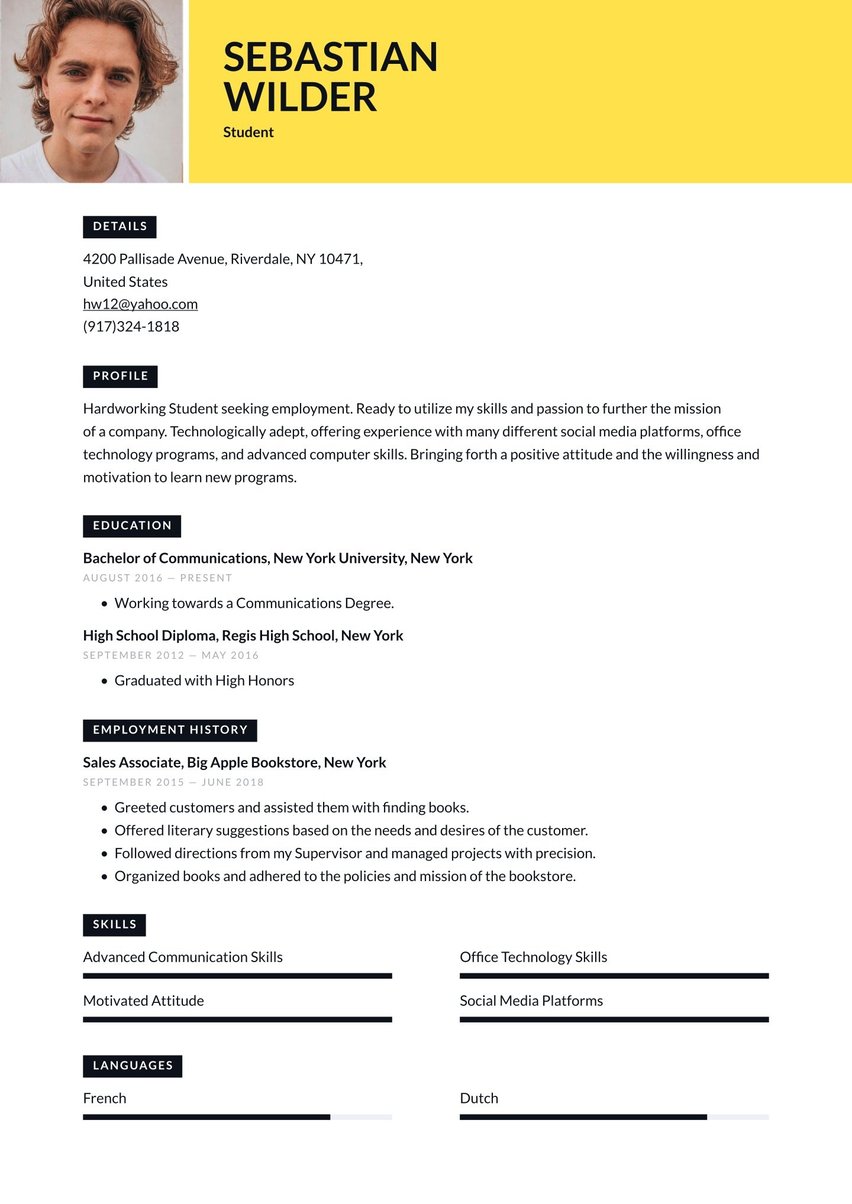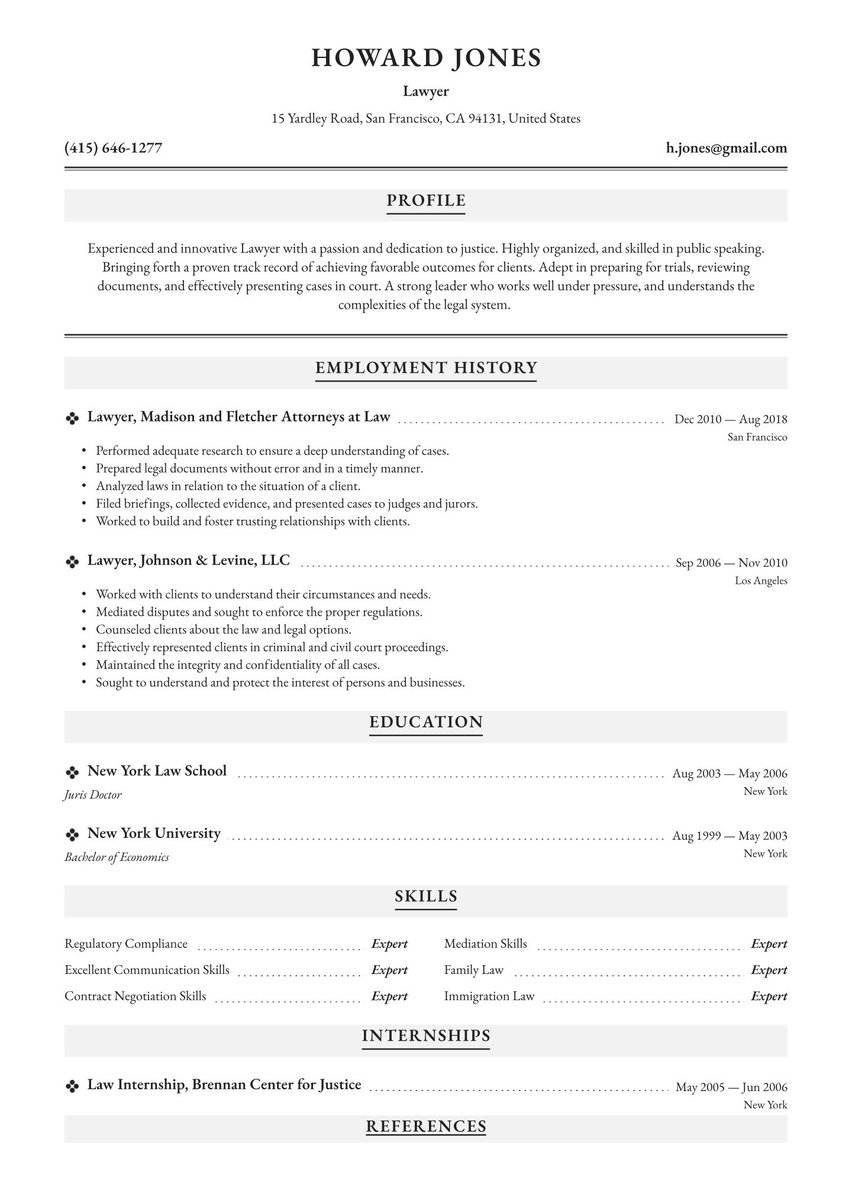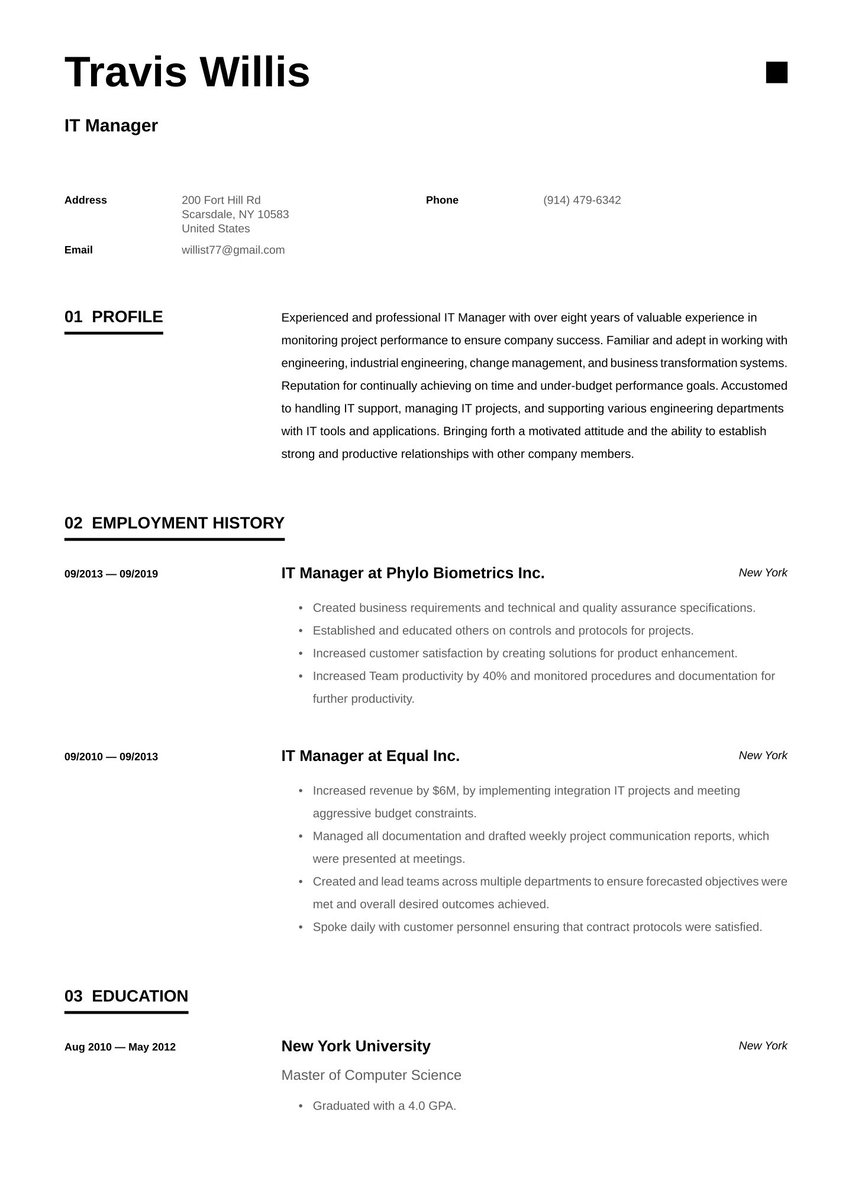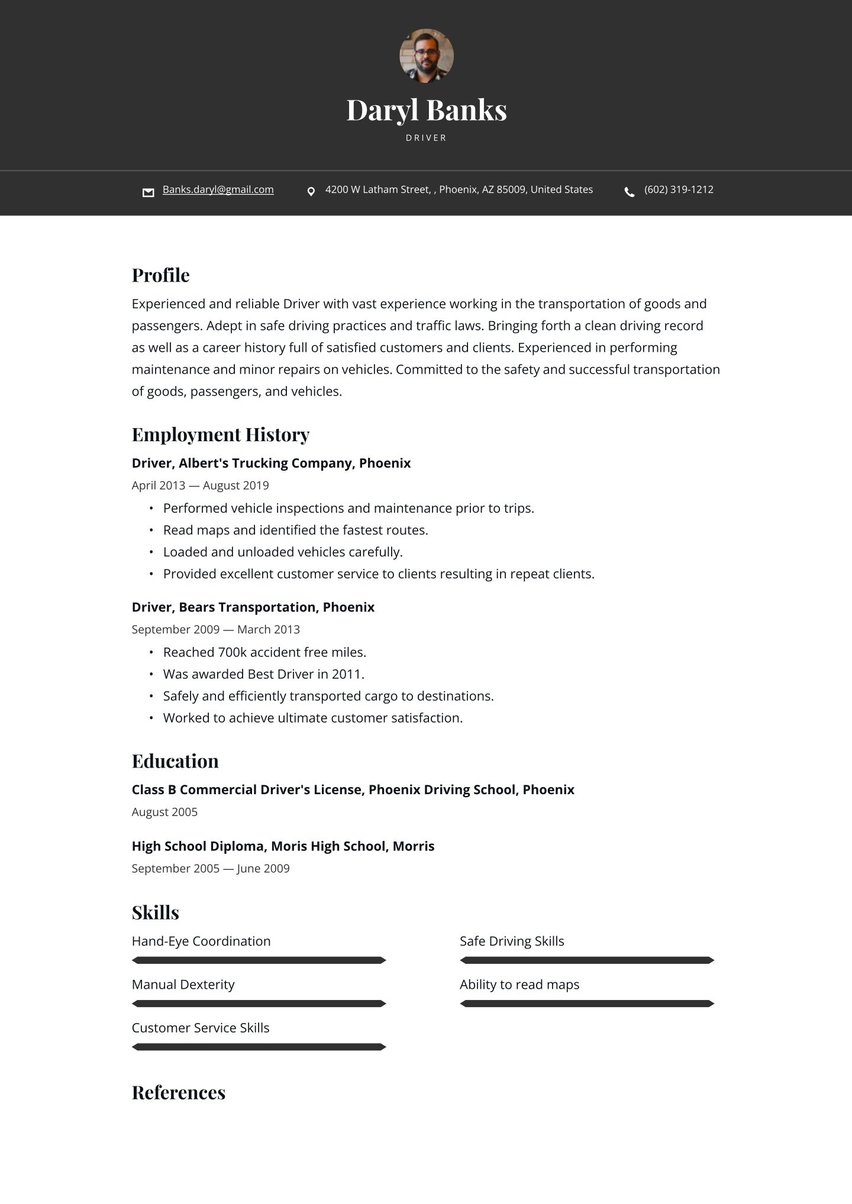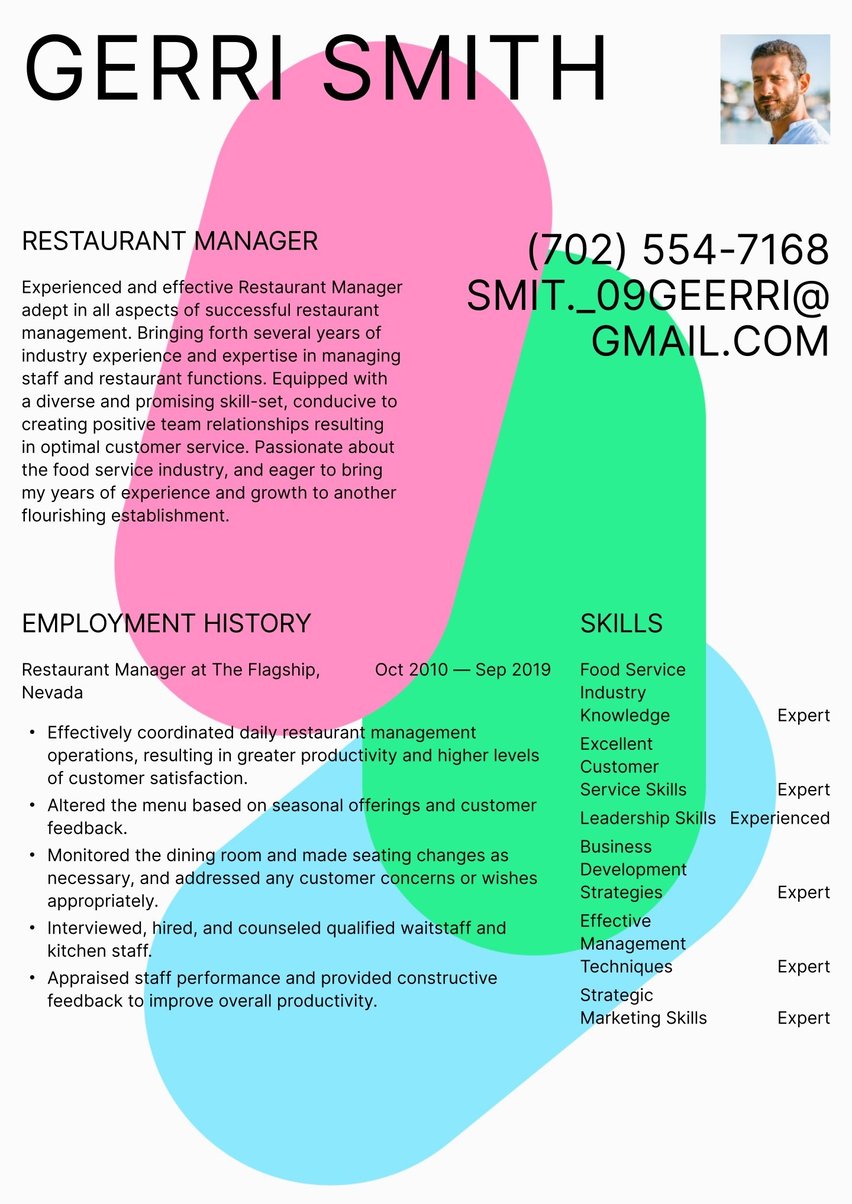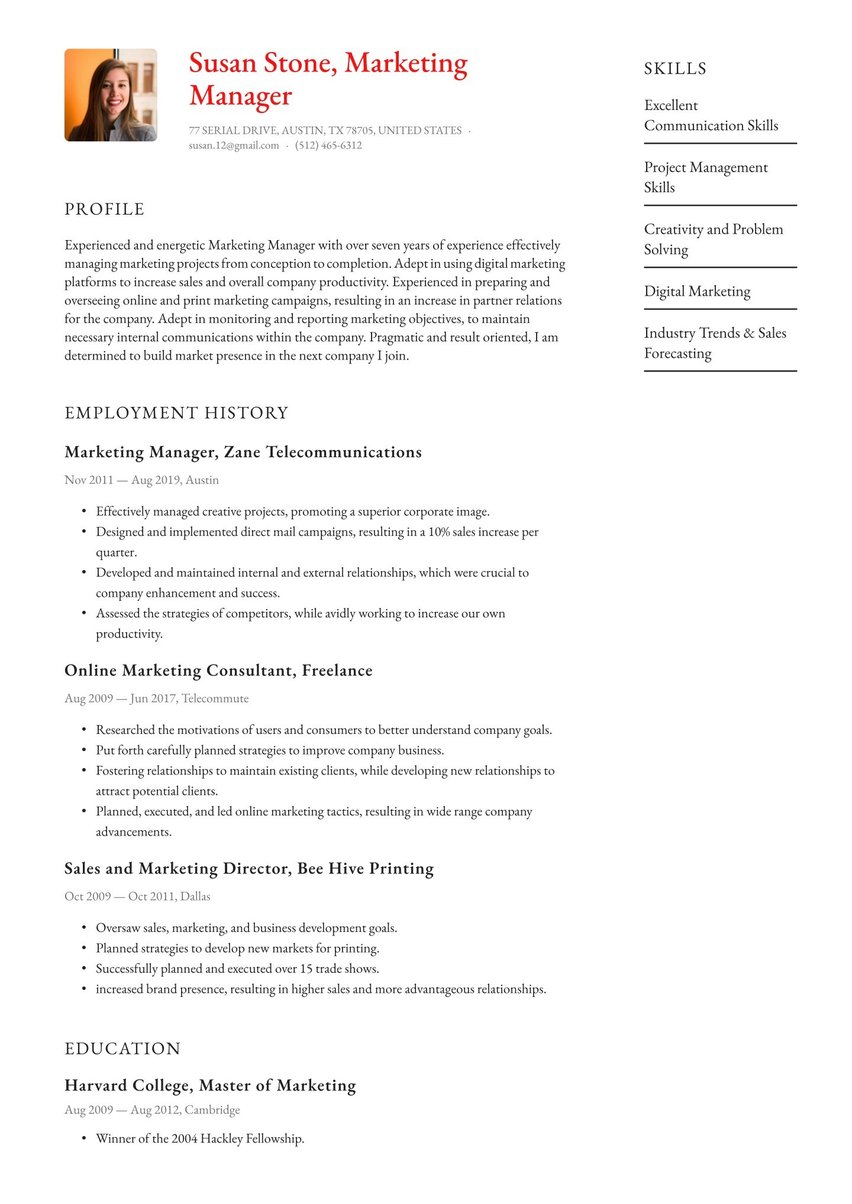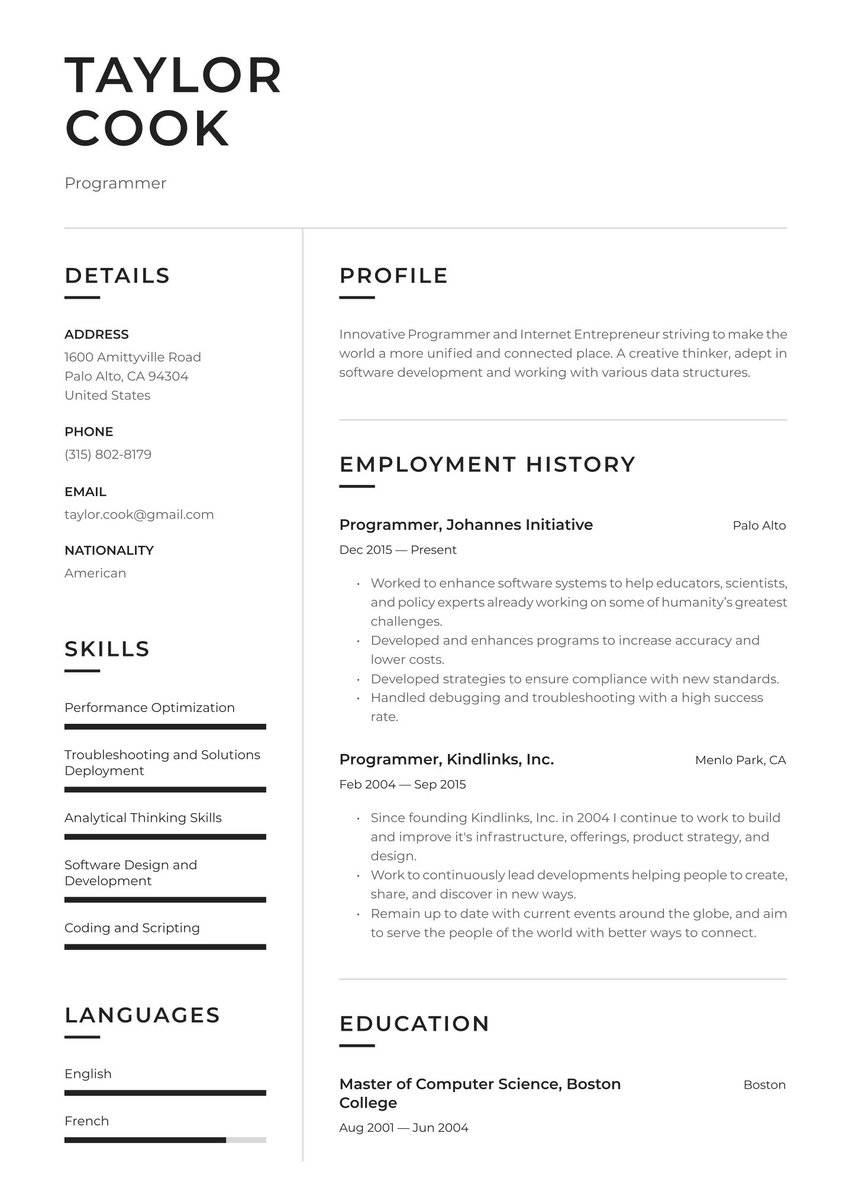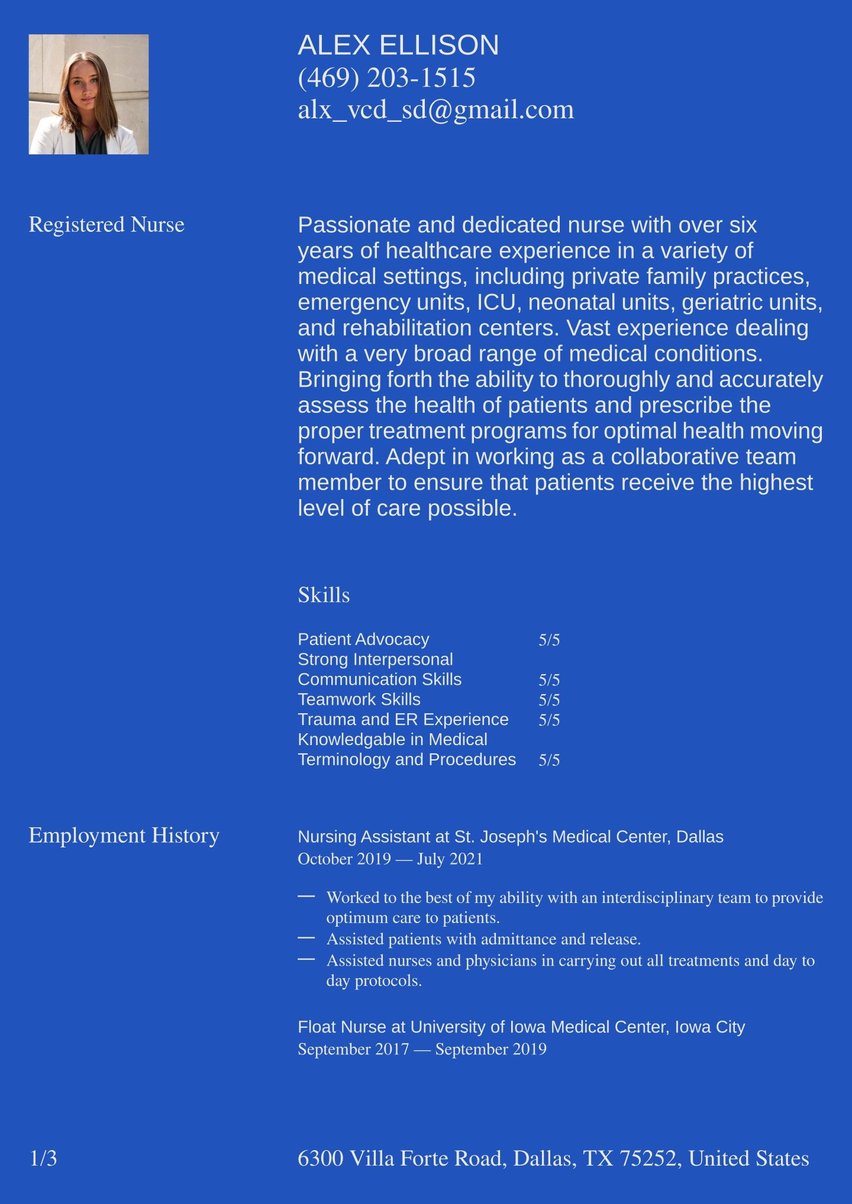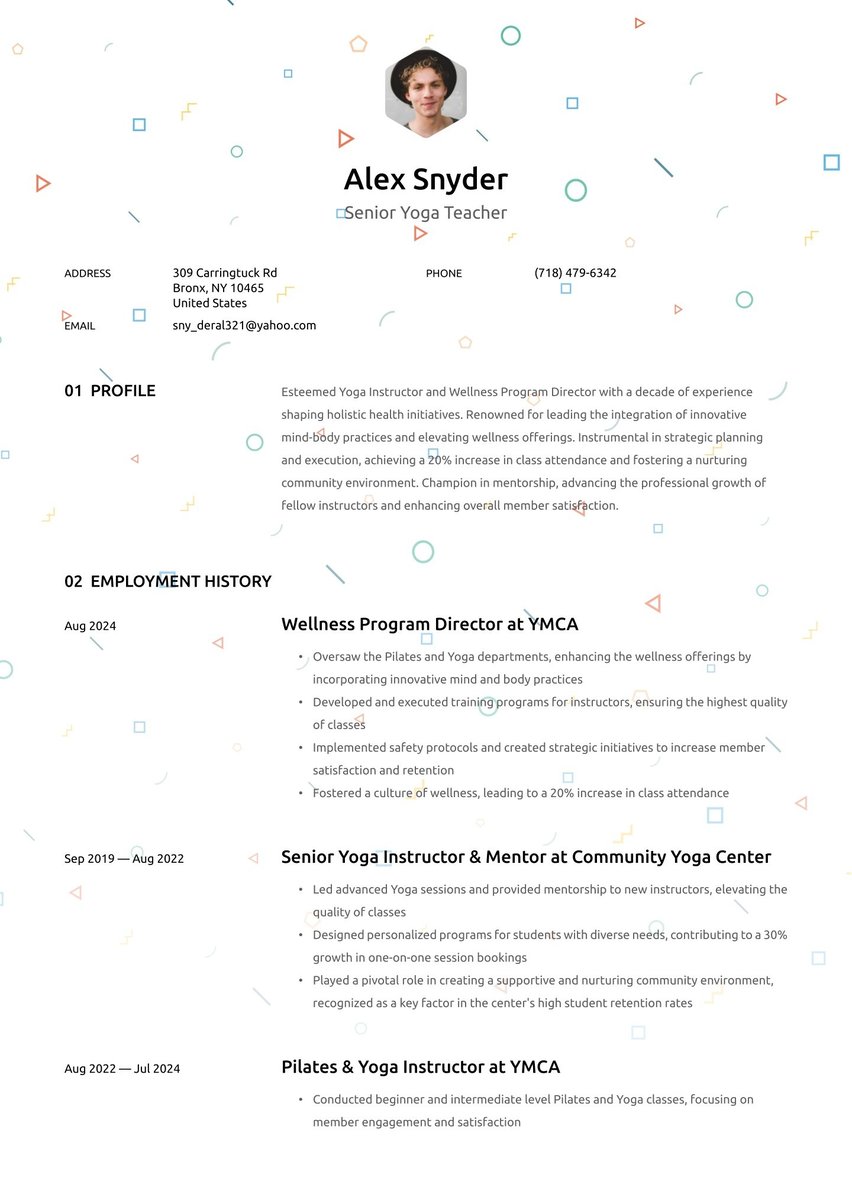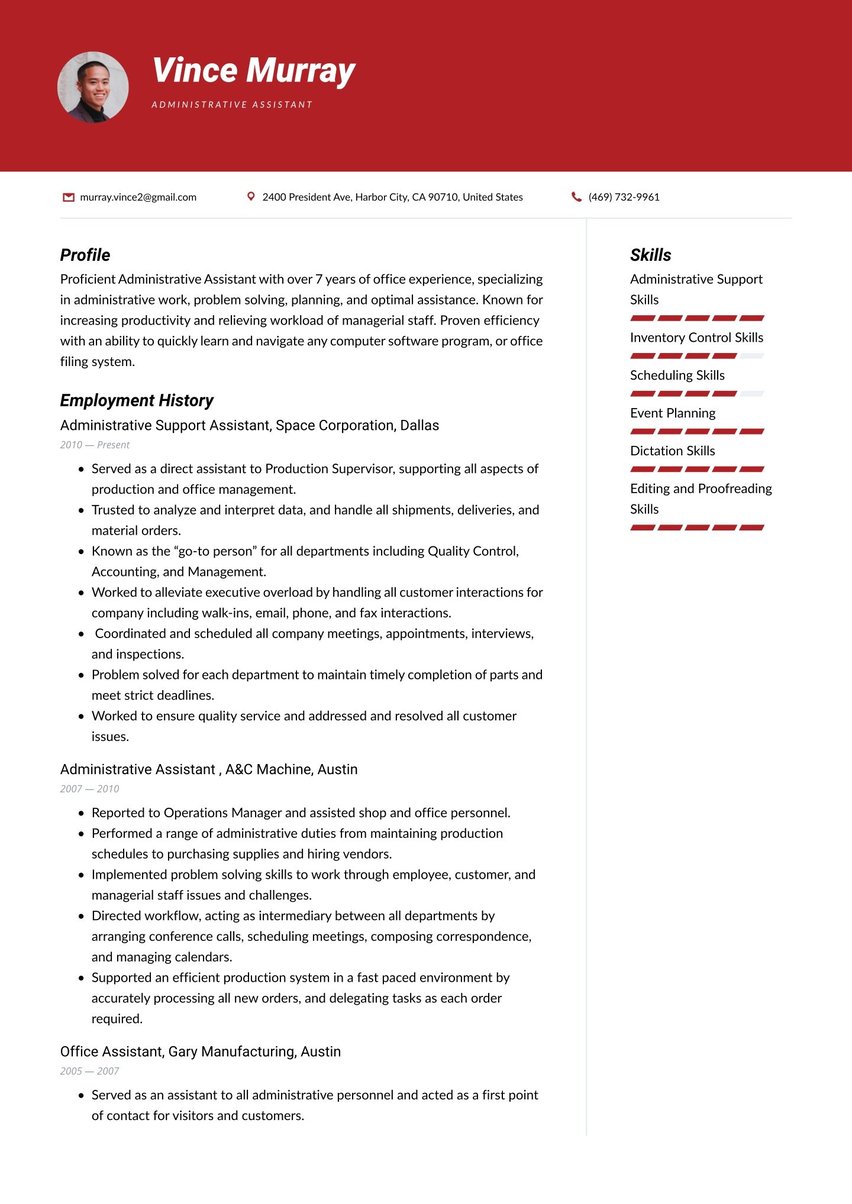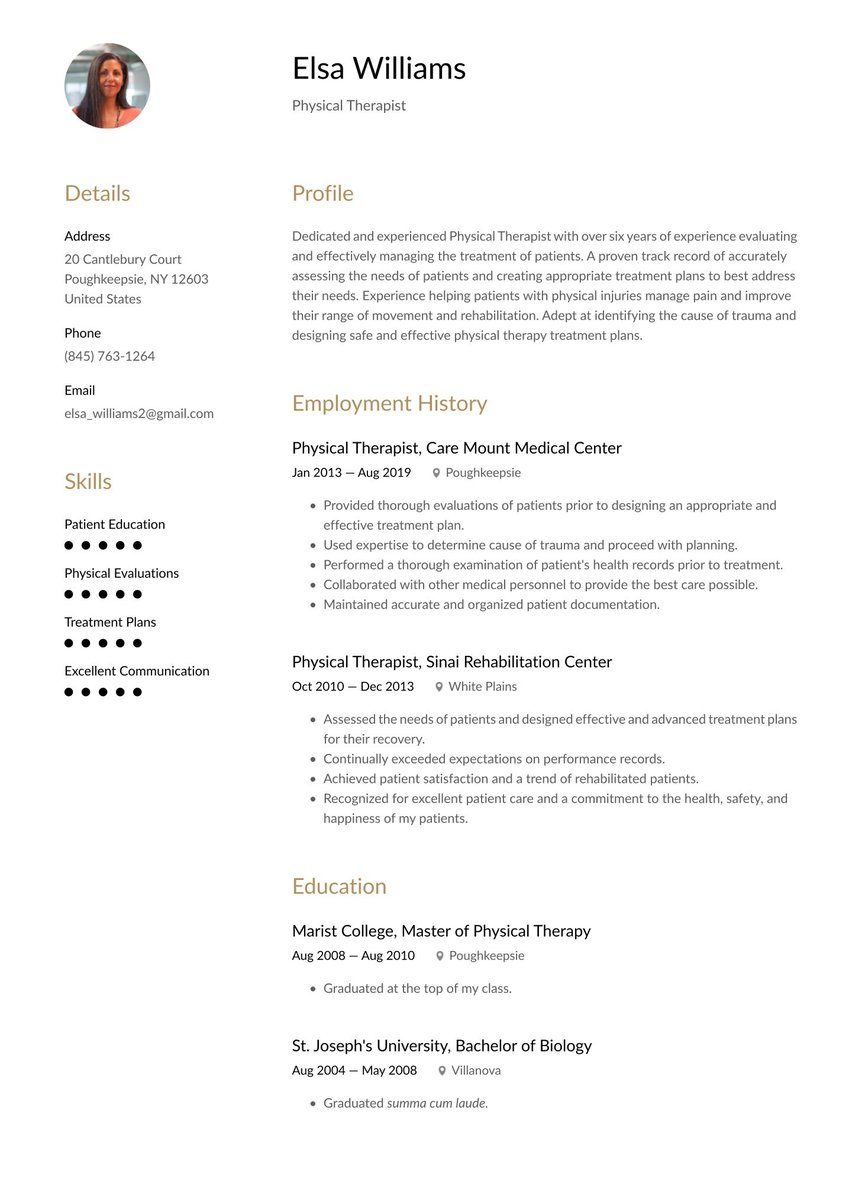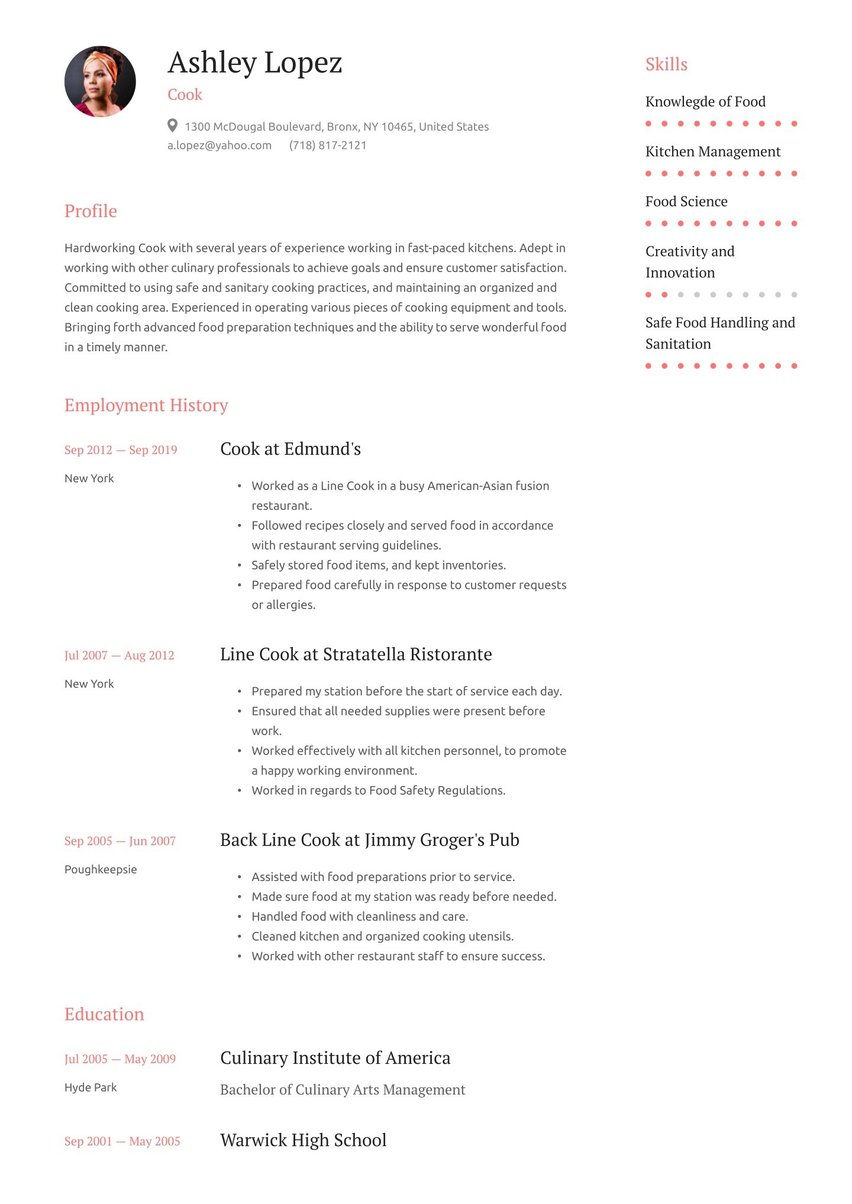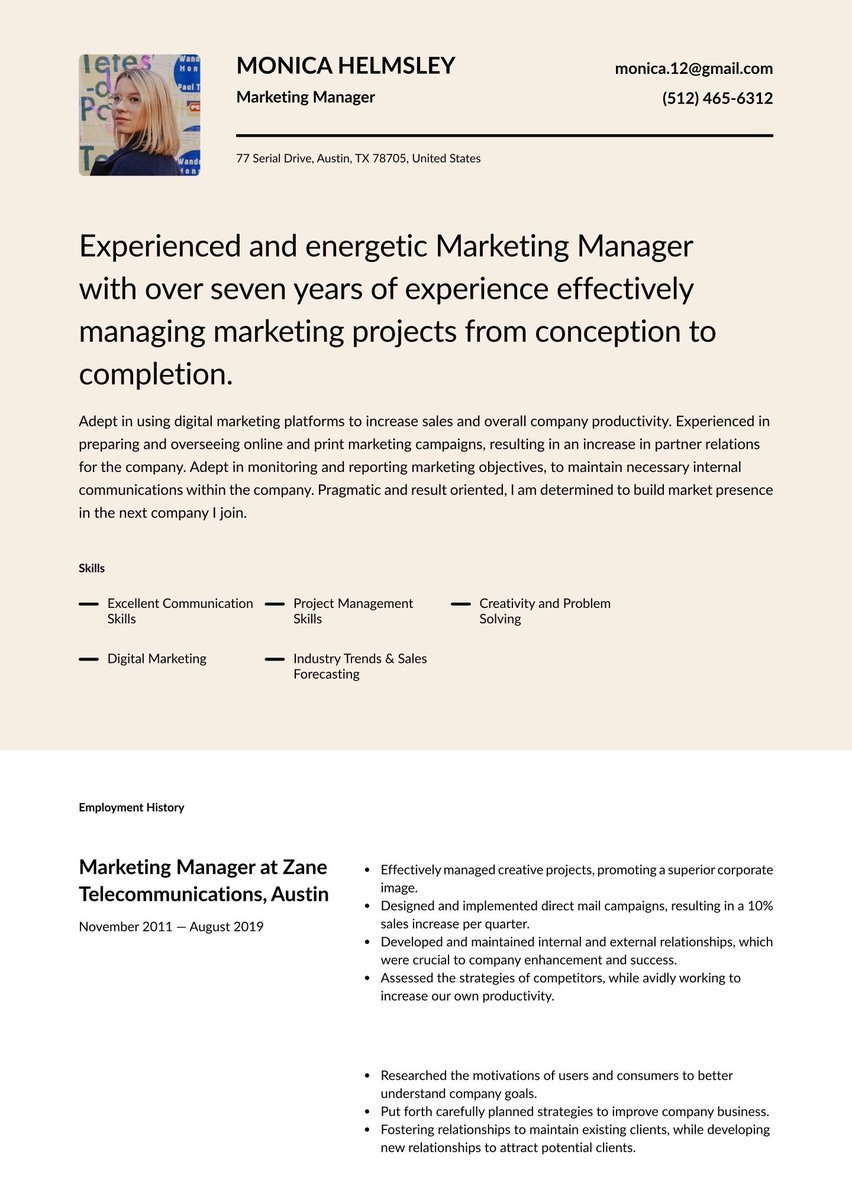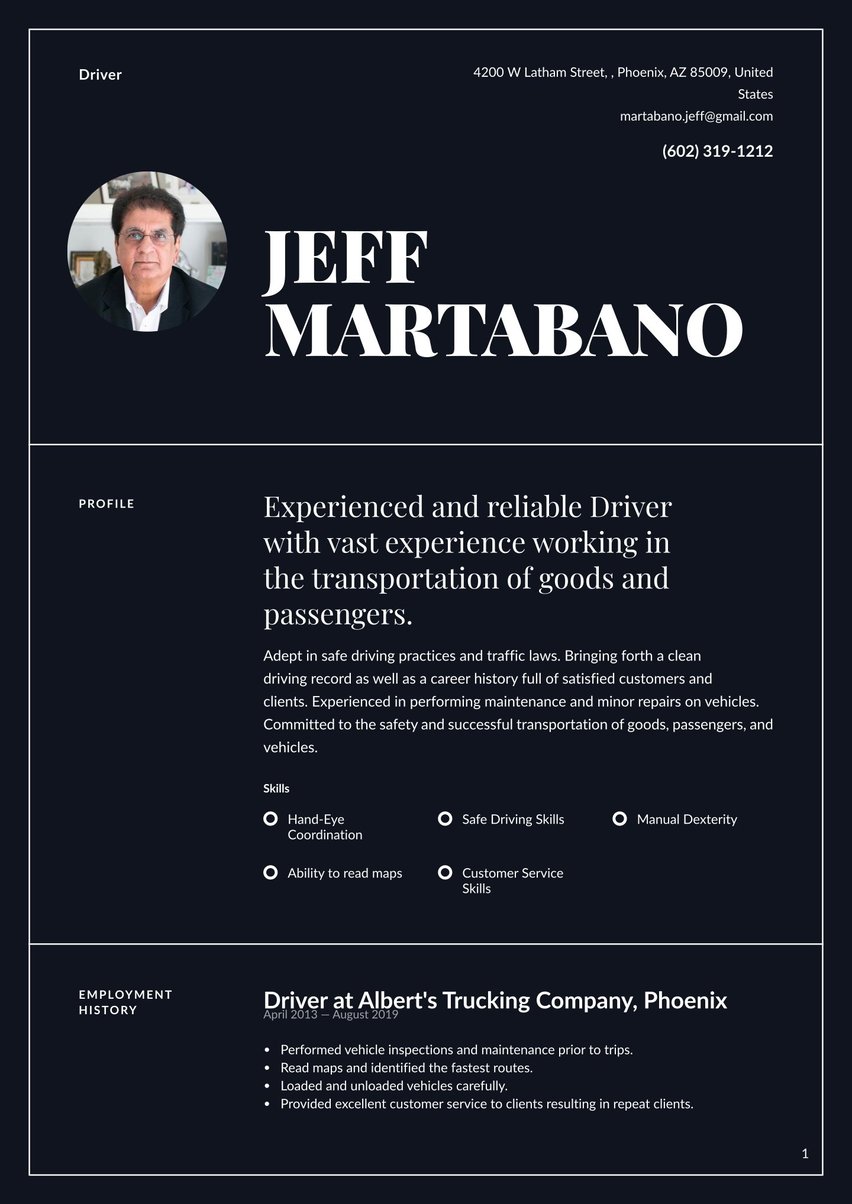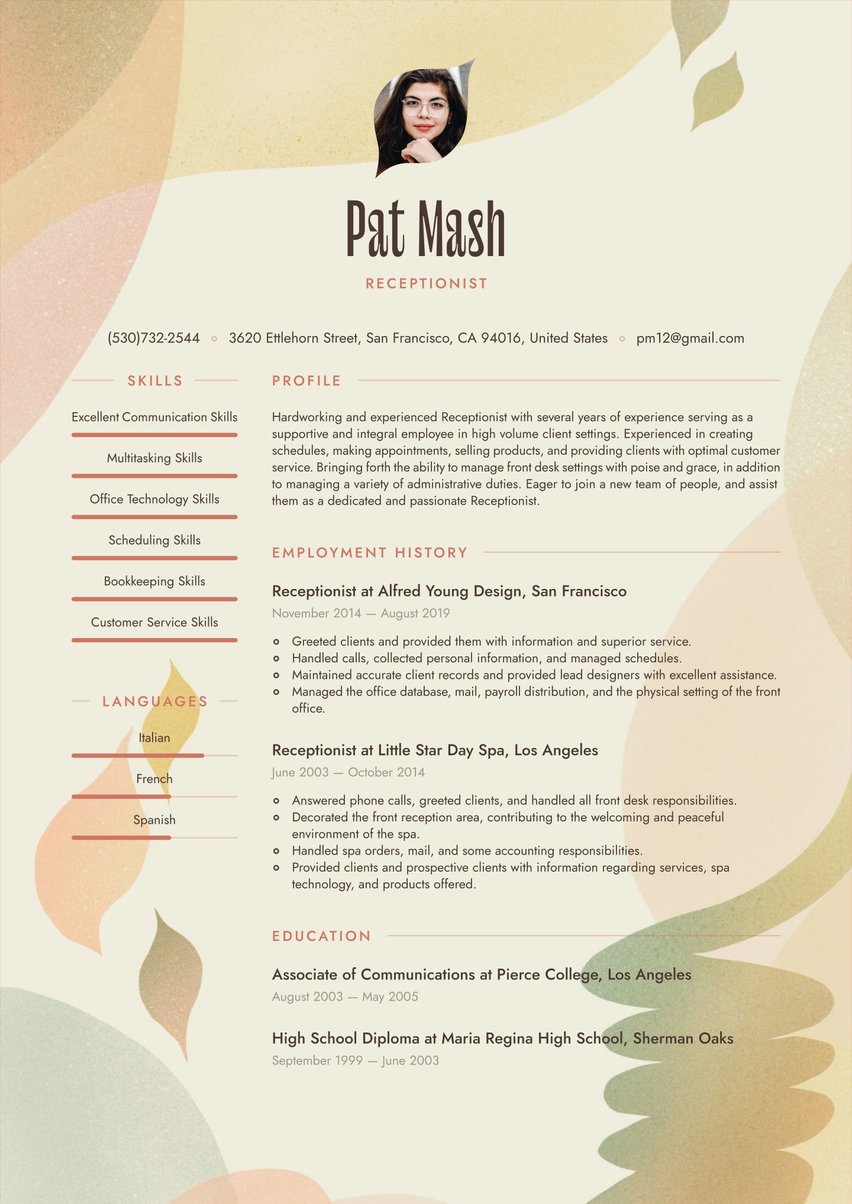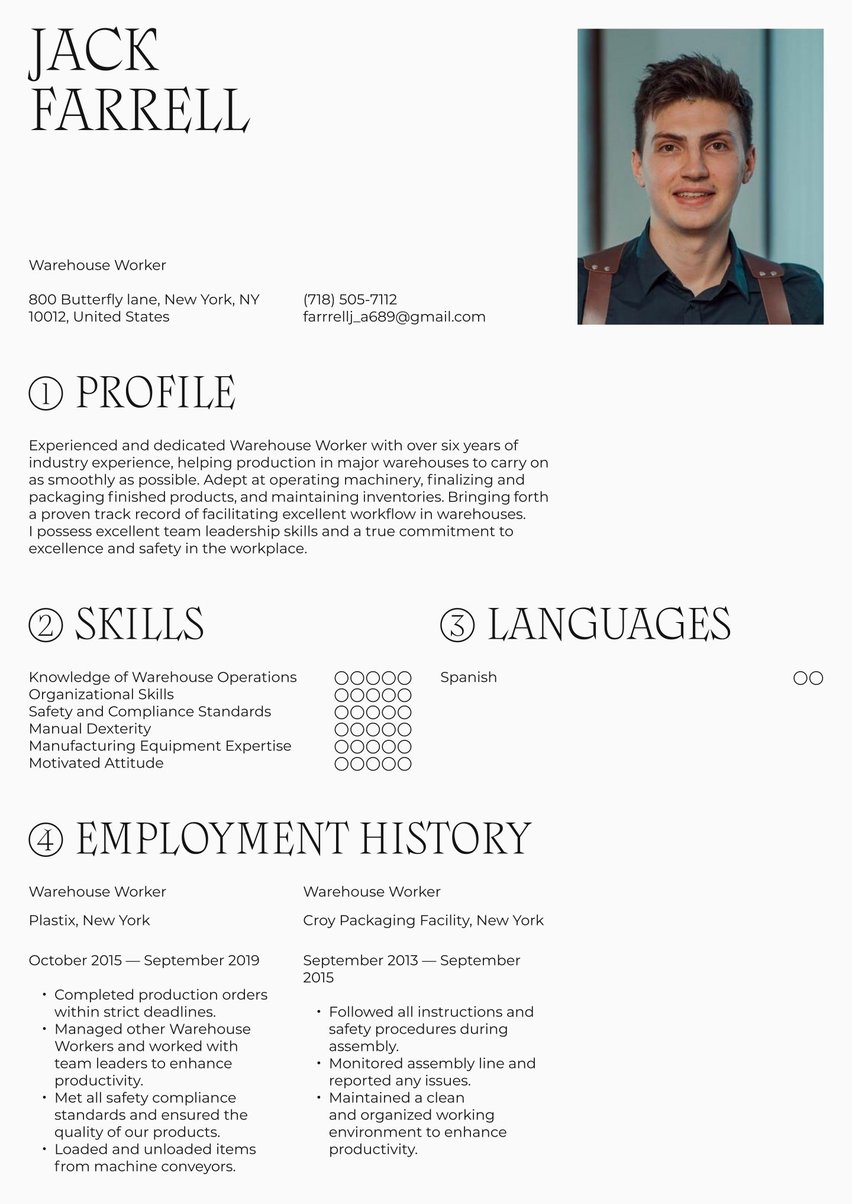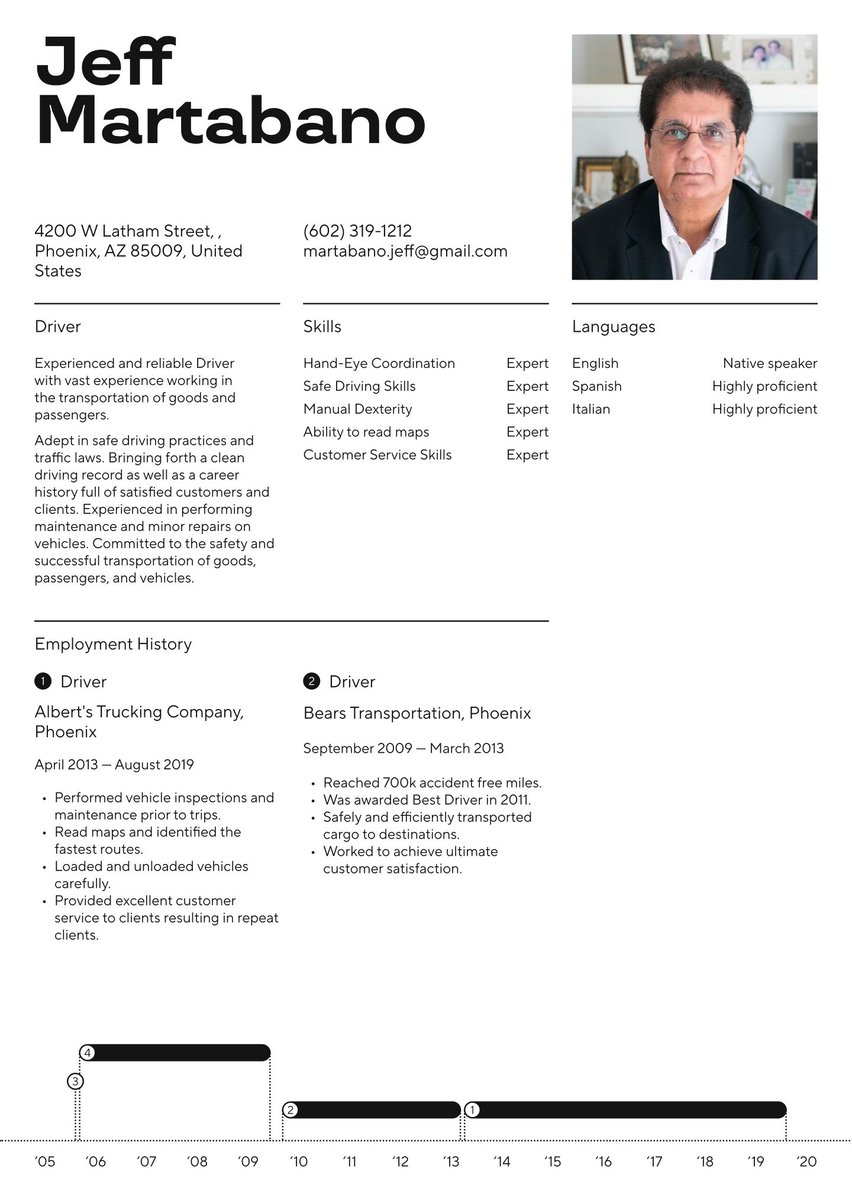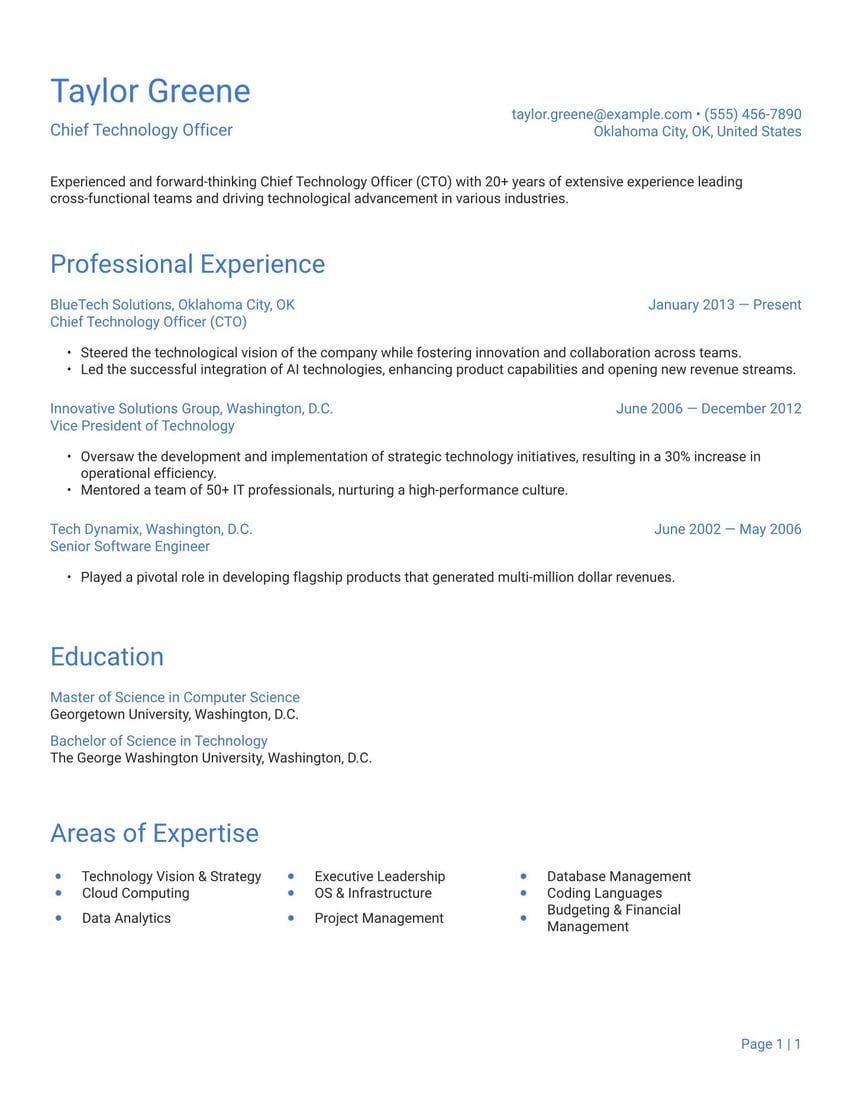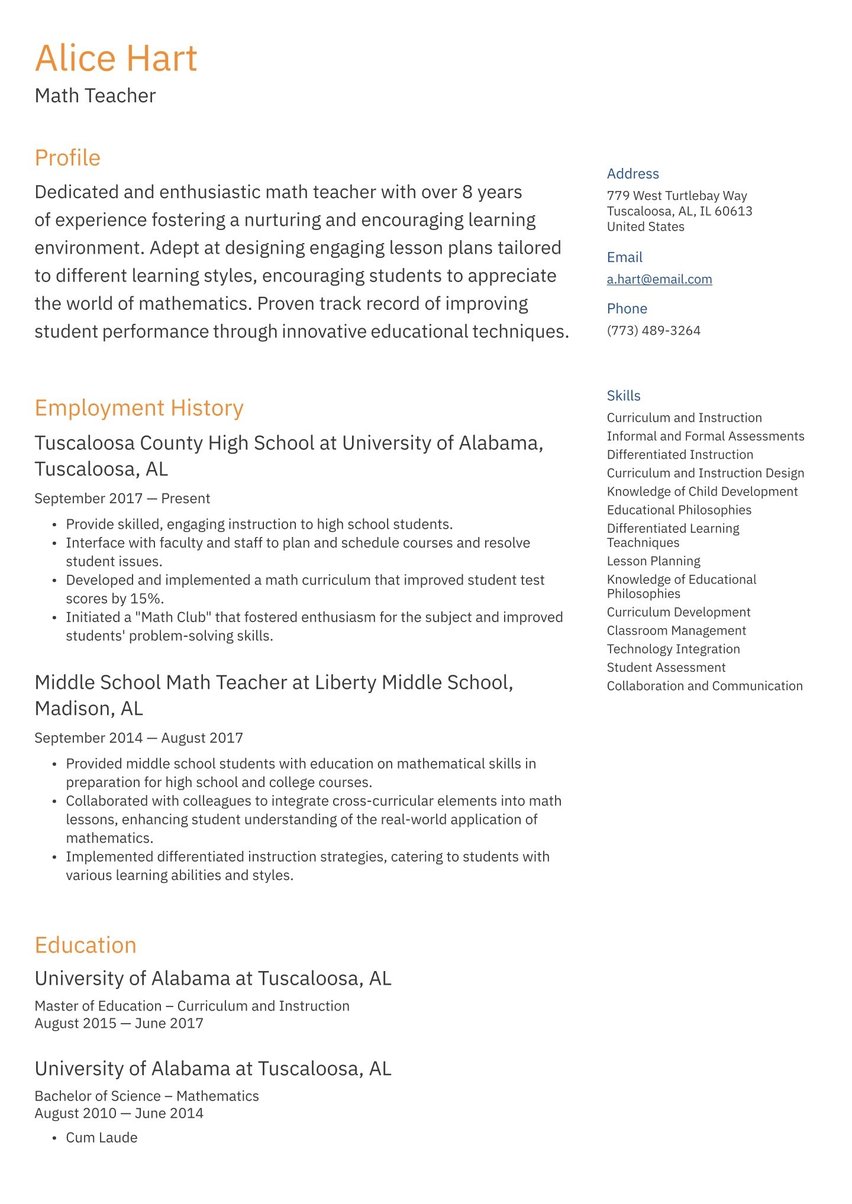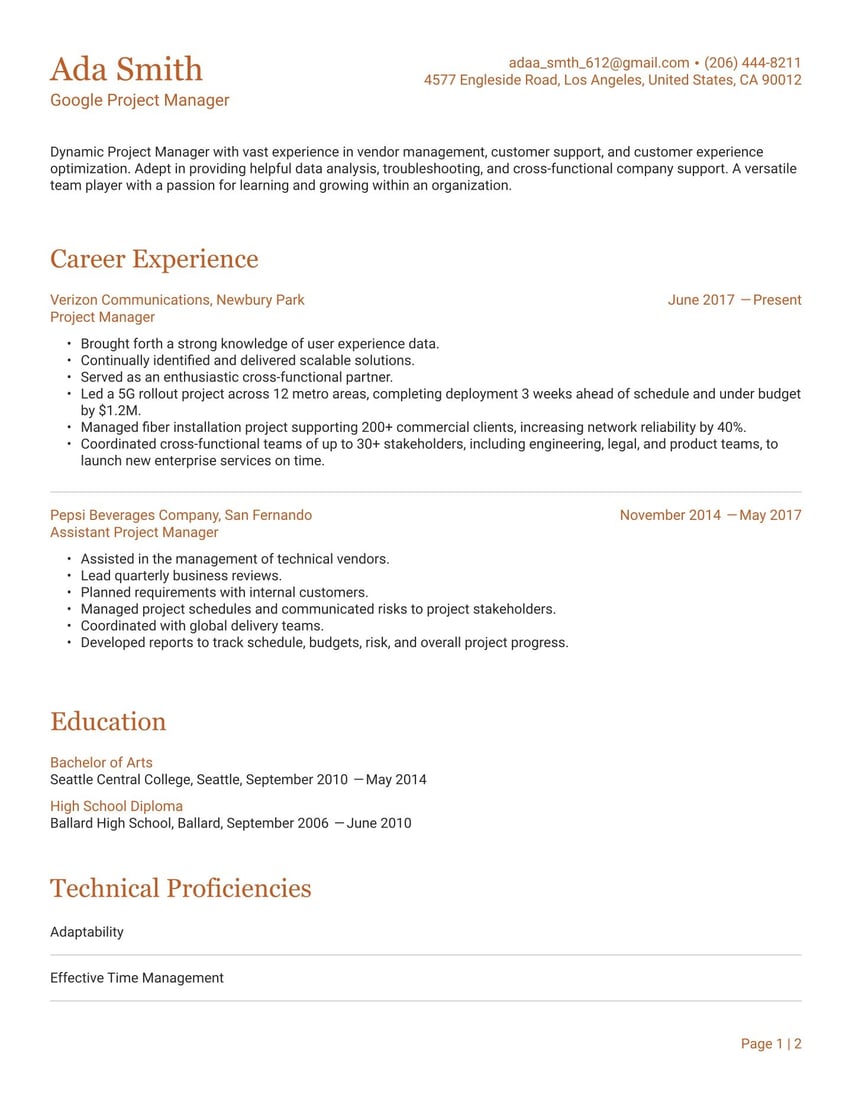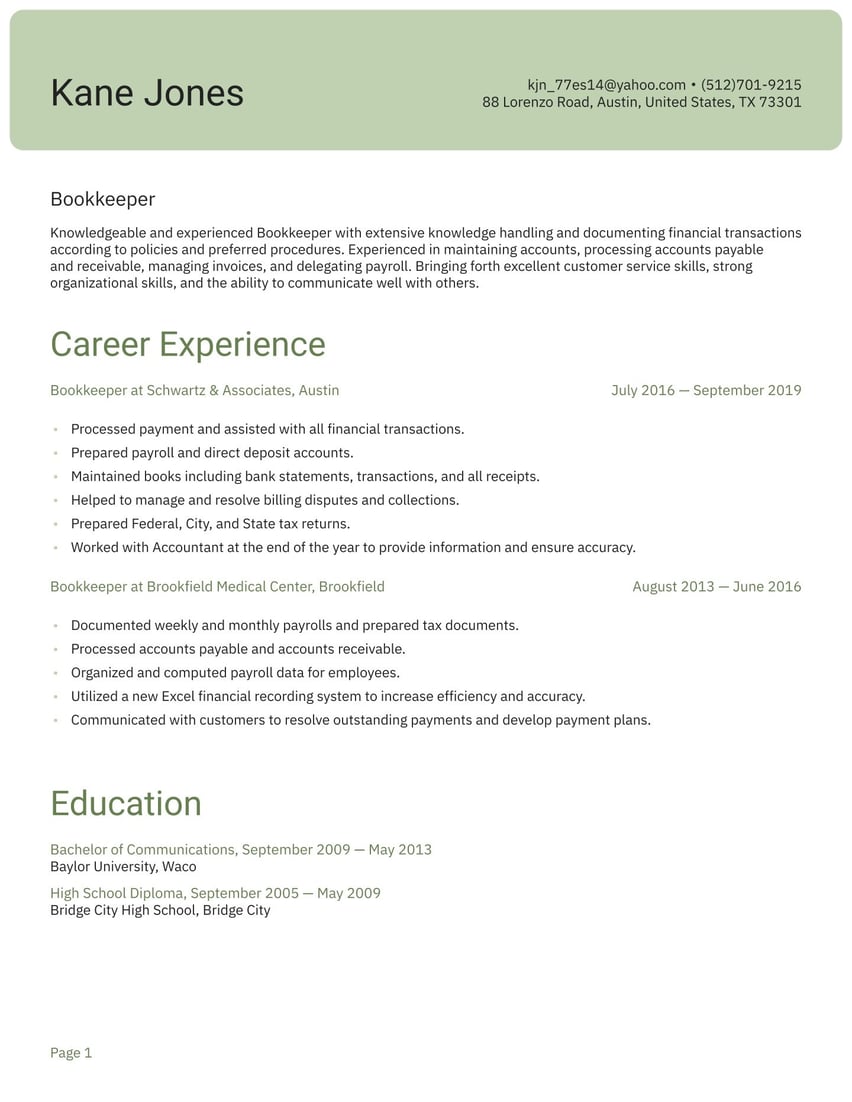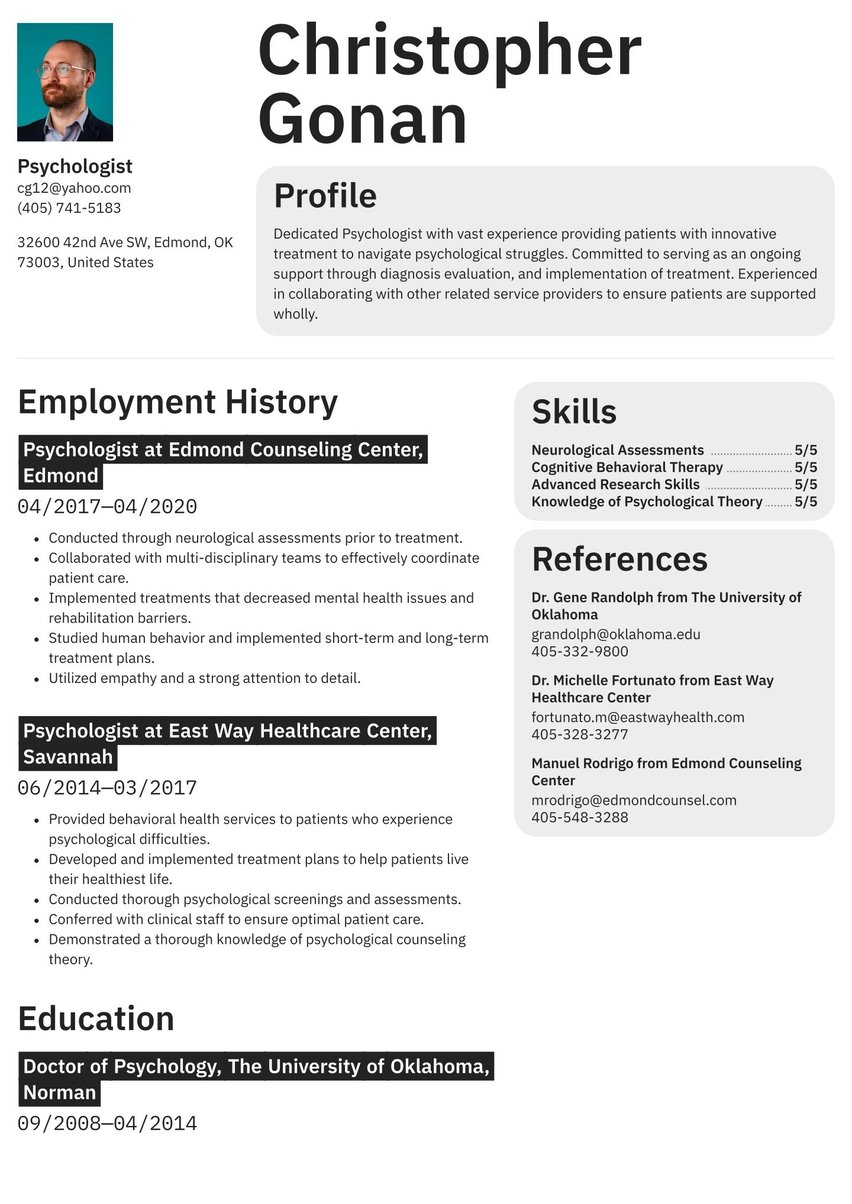Highly skilled and experienced General Contractor adept in managing and overseeing all phases of the construction process. Committed to bringing forth an energetic and positive attitude throughout project stages. Effective at managing subcontractors and helping clients to achieve construction goals in a timely and productive manner.
06/2017 - 08/2021, General Contractor, Floyd Contracting, New York
- Approached each project with enthusiasm and precision.
- Provided reasonable and accurate estimates for project costs.
- Oversaw and provided all materials, labor, equipment and services for the construction of projects.
- Hired sub-contractors to fulfill specific project tasks.
- Utilized excellent organizational skills to seamlessly schedule and plan out different project stages.
- Obtained necessary permits, scheduled inspections, and complied with all building codes.
- Effectively tracked and controlled expenditures.
04/2015 - 04/2017, Carpenter, J&T Carpentry, White Plains
- Provided excellent carpentry, drywall, tile, and painting services to clients.
- Provided services for heavy construction, light construction, demolition, revision, maintenance, and repair.
- Constructed frames, structures, walls and completed buildings.
- Complied with federal, state, and local building codes by adhering to requirements and advising management of needed actions.
- Effectively communicated with other professionals to ensure a job well done.
09/2010 - 05/2014, Bachelor of Science in Construction Management, Fordham University, New York
09/2006 - 06/2010, High School Diploma, Xavier High School, New York
- English
- Spanish
- Construction Management
- Effective Time Management
- Personnel Management
- Advanced Carpentry Skills
- Interpersonal Communication Skills
- Budget Management
Contractors are the project managers of the construction world. They have to be detail-oriented yet also step back and view the big picture. The same is true of a great resume. While the details are of great importance, the big picture also entices hiring managers to take the next step.
Contractor resume examples by experience level
This contractor resume example and guide is designed to ease attending to all the details as well as the overall message of your skills and experience. Add to that Resume.io’s powerful resources for job seekers including resume examples for 300+ professions, backed up by an easy-to-use resume builder, and your job hunt can be a lot smoother. Let us help you confidently express yourself and impress prospective clients with a contractor resume that attracts new clients.
This guide, along with the corresponding contractor resume example will cover the following topics:
- What does a contractor professional do?
- How to write a contractor resume (tips and tricks)
- The best format for a contractor resume sample
- Advice on each section of your resume (summary, work history, education, skills)
- Professional resume layout and design hints.
What does a contractor do?
Contractors have ownership of the nuts and bolts of building projects. General contractors are hired (usually through a bidding process) after the design of the construction has been established. Their main job is to ensure that the job is completed correctly, on time and within budget, according to Watchdog, a real estate management company.
That means they hire and manage all the tradespeople, provide construction materials and equipment, and coordinate among the architect, client and subcontractors. Contractors also track the budget and timeline and inspect the work for quality. Contractors work with construction managers, general laborers and engineers to make sure tasks are correctly delegated.
What does a contractor earn?
General contractors earn a median of $30.10 per hour, according to Payscale. The highest paid contractors earn more than $64 an hour, while those just starting out may earn less than $15 an hour.
While there can be subtle differences between contractors and construction managers, the U.S. Bureau of Labor Statistics categorizes them together and lists the medicine 2020 salary as $97,180 per year, or $46.72 an hour.
Ready to build your resume? See our other related resume samples and get inspired to write your own.
Contractor job market and outlook
The pandemic hit some parts of the construction industry hard. Non-residential construction spending is likely to remain below early-2020 numbers until well into 2022, predicts Ken Simonson, chief economist for the Associated General Contractors of America (AGC).
Residential construction permits have rebounded 23% year--over-year from their pandemic lows, but have dipped month-to-month from May 2021 to June 2021. Construction of new housing has also risen from 2020 to 2021, the U.S. Census Bureau estimates. Housing completions are down 1.4%, which could be an indicator that demand for contractor services is higher than the supply.
All this residential construction news is good for contractors, whose field is expected to grow by 8% from 2019-2029.
More than 7 million people work for 733,000 employers in the construction industry, according to the AGC.
The fastest growing states, and those most likely to require housing construction, are:
- Idaho
- Arizona
- Nevada
- Utah
- Texas
How to write a contractor resume
You know how to follow plans, so the basics of compiling a contractor resume sample should be a snap. Your CV should contain the following elements:
- The resume header
- The resume summary (aka profile or personal statement)
- The employment history section
- The resume skills section
- The education section
As you build from the ground up, remember that the final product should maintain a consistent tone and message, just as a construction project should not mix too many different architectural styles.
Make sure you know your audience by researching everything you can about the company or client for whom you wish to work. If you own your own contracting business, target your contractor resume and work samples to the project at hand.
Use this floor plan to guide you:
- Imagine you are speaking directly to the hiring manager and focus on what that person wants to know.
- Choose a resume template that highlights your professional personality without being overly showy.
- Avoid elimination by the Applicant Tracking System (ATS) by using appropriate keywords and phrases.
ATS algorithms assist hiring managers by scanning and sorting through piles of applications. These algorithms are hunting in part for keywords and phrases deemed important for the job listing.
To help you pass through to a human being, analyze the job listing and make sure you are inserting the skills, attributes and experience you have that matches that of the listing. Use the exact phrasing, but don’t overdo it! It should sound natural.
Choosing the best resume format for a contractor
Most of the time in your contractor resume, it is in your best interest to show what you are doing now and what you have done most recently. That means using the reverse chronological order resume format in which your most current experience goes first.
Functional resumes are typically reserved for workers with niche or very technical skills and are not favored by recruiters. This is because it is more difficult for them to see immediately what a candidate is doing and their career path.
Resume summary example: A riveting story
Although called a summary, think of this as more of a profile (an alternate name for this section of your contractor resume). As a contractor, you must be the communicator among many different project stakeholders. Your contractor resume summary is a great place to show off those skills. It’s also the only place where you can get a bit creative.
Use these 2-3 sentences to tout your proudest accomplishment, explain your work style and give an overview of your career. Don’t be afraid to pat yourself on the back without veering into bragging or exaggerating! See how this is done in our contractor resume example.
Although this section occupies the top space in your contractor resume, you may want to write it last. Your resume is a terse one (maybe two) pages and you have no space to waste. Avoid repeating yourself. Instead, take a contractor’s look at the big picture. Ask yourself: What does my employment history section say about me and how can I take that to the next level?
Use the summary resume example text below to guide you.
Highly skilled and experienced General Contractor adept in managing and overseeing all phases of the construction process. Committed to bringing forth an energetic and positive attitude throughout project stages. Effective at managing subcontractors and helping clients to achieve construction goals in a timely and productive manner.
Employment history sample
Your employment history section is not a dry recitation of all your job responsibilities! Instead, use this part of your contractor resume to carefully hammer each skill into place. Do this with precision by thinking in terms of problems and solutions.
Start each bullet item with a strong action word. Incorporate data and details whenever possible. As a contractor, you manage and coordinate the entire project, so choose different types of problems and outcomes to highlight for each job if possible.
Completed 2000-square-foot home remodel 10% under budget and two weeks early.
I was a general contractor for a large home remodel.
Remember that this is the place where reverse chronological order comes into play unless you have a compelling reason to organize your work experience in another way.
Use the employment history resume example text below to guide you.
General Contractor at Floyd Contracting, New York
June 2017 - August 2021
- Approached each project with enthusiasm and precision.
- Provided reasonable and accurate estimates for project costs.
- Oversaw and provided all materials, labor, equipment and services for the construction of projects.
- Hired sub-contractors to fulfill specific project tasks.
- Utilized excellent organizational skills to seamlessly schedule and plan out different project stages.
- Obtained necessary permits, scheduled inspections, and complied with all building codes.
- Effectively tracked and controlled expenditures.
Carpenter at J&T Carpentry, White Plains
April 2015 - April 2017
- Provided excellent carpentry, drywall, tile, and painting services to clients.
- Provided services for heavy construction, light construction, demolition, revision, maintenance, and repair.
- Constructed frames, structures, walls and completed buildings.
- Complied with federal, state, and local building codes by adhering to requirements and advising management of needed actions.
- Effectively communicated with other professionals to ensure a job well done.
CV skills example: Laser precision
Your CV skills section breaks out the attributes that will help you get you that coveted interview. This section of 4-7 bulleted phrases not only tells hiring managers that you have the skills they seek, it also lets them know what attributes you believe are most important to get the job done.
Here’s a hint: keep a rolling list of all your skills and attributes. Whenever you acquire a new skill on the job, add it to the list. Then, before you finalize the skills section of your contractor CV, double check this list. Review the job listing once more and match up your skills with those your prospective employer seeks. Your skills list will also help you when you add to the bullet items in your employment history by reminding you of all the attributes you use on the job.
Use the skills resume example text below to guide you.
- Construction Management
- Effective Time Management
- Personnel Management
- Advanced Carpentry Skills
- Interpersonal Communication Skills
- Budget Management
Contractor resume education example
The education section is the most straightforward section of your contractor resume sample. While an associate’s or bachelor’s degree is not required to become a contractor, one of them is often preferred. You should also list your licenses either here or in a separate license section.
Any continuing education credits, classes or certificates that add to your contractor knowledge may also be placed in this section.
Use the skills resume example text below to guide you.
Bachelor of Science in Construction Management, Fordham University, New York
September 2010 - May 2014
High School Diploma, Xavier High School, New York
September 2006 - June 2010
Resume layout and design: First impressions
Once the bones of the structure and all the wiring and plumbing are in place, you turn your attention to the layout and design, which is what people will notice first. And notice they will, so make sure your resume’s exterior is as well constructed as its interior!
The layout and design of your contractor resume should attract attention without distracting from the message. Your key principle is readability. The lines should be clean with plenty of white space. Think of the flow of a home. Occupants should be able to move easily from one room to the next; recruiters’ eyes should be able to move from one section of your resume to the next.
To ease the grind of creating and formatting your own resume, try one of Resume.io’s expertly-designed resume templates.
Key takeaways for a contractor resume
- The construction industry is starting to rebound from the depths of the pandemic with housing construction fairing much better than non-residential.
- Show off the same communication skills you use to coordinate among all the stakeholders within a project when you create your summary.
- Get a jump on the ATS by carefully placing keywords and phrases found within the job listing.
- Use our contractor resume sample to serve as a model for your own application!


.jpg)

.jpg)








